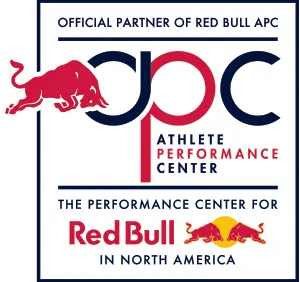Not everyone who suffers from some kind of fitness-related pain needs to report in to a sports medicine specialist. Many times, the soreness that an individual will feel is a normal part of the process of working out, especially if you’re training your body to get ready for something like a marathon or a swim meet. When you push your body in this regard, you’re going to get sore.
That said, one has to recognize the difference between common soreness and the type of pain that could be indicative of an underlying medical issue that needs to be seen to at once by a professional. Far too often, injuries get exacerbated because the athlete in question mistakes their condition as not being serious and thus doesn’t acquire the care they need to protect themselves from a more serious injury.
This must always be kept in mind, especially when considering a new report that seeks to offer guidance on the types of pain relievers that should be consumed when one suffers from a given injury. The advice on hand speaks in generalizations, as is necessary when a doctor is unable to speak with a patient on a one-on-one basis. So although the information is worth checking out, it’s important to remember that you should be prepared to speak with a doctor if your pain is significant enough to warrant further treatment.
Realize too that painkillers are designed for just that: killing pain. If you suffer from a severe sprain or strain, or a tear or a fracture, a pain reliever may help you get through the pain, but the underlying condition is certainly not going to be treated. These medications are designed to treat symptoms but not the cause of the symptoms, yet another reason why more serious issues deserve medical attention.
For some, acetaminophen is going to be the way to go. This is one of the most readily available medications in the United States, and it can be used to treat a variety of basic pains and types of soreness. One thing you want to be careful of, though, is taking too much. Many people make the mistake of thinking that they can consume endless amounts of acetaminophen-based medications due to their wide availability. However, this is a drug like any other drug, and overdosing is indeed a possibility.
The other option when acetaminophen doesn’t cut it is a Non-Steroidal Anti Inflammatory Drug, or an NSAID. Like acetaminophen, these types of drugs have their risks and potential complications. They also only treat pain rather than the root cause, and in some instances could help with swelling.
If, however, you think you’ve suffered a more serious injury, don’t rely solely on pain relief. Seek a doctor or physical therapist who can diagnose the issue and advise the appropriate course of action.
About the author




